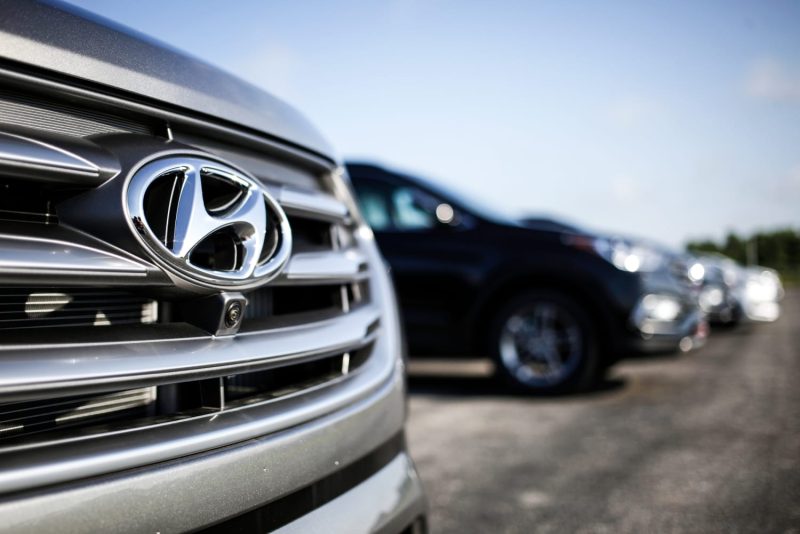Hyundai and Kia Unit Settles U.S. Charges for Repossession of Service Members’ Vehicles
The recent settlement made by Hyundai Capital America and its sister company Kia Motors Finance with the U.S. government highlights a significant issue surrounding the improper repossession of vehicles belonging to military service members. This misconduct represents a violation of the Servicemembers Civil Relief Act (SCRA), a law designed to protect the legal rights of military personnel during their service. The resolution of this case underscores the importance of compliance with laws that safeguard the interests of those who selflessly serve their country.
According to reports, the settlement requires Hyundai and Kia to pay a total sum of $3.4 million in compensation to the affected service members whose vehicles were repossessed without the necessary court orders. This form of misconduct not only undermines the rights of military personnel but also creates unnecessary financial and emotional burdens for them and their families. By failing to adhere to the protections afforded by the SCRA, Hyundai Capital America and Kia Motors Finance demonstrated a lack of respect for the sacrifices made by service members and their dedication to upholding the law.
The SCRA serves as a vital legal framework that shields service members from unfair treatment in various aspects of their lives, including financial matters such as vehicle repossession. This law requires creditors to obtain a court order before repossessing a service member’s vehicle if the service member took out the loan and made a payment before entering military service. By disregarding these provisions, Hyundai and Kia violated the fundamental rights granted to military personnel under the SCRA, thereby necessitating the settlement and acknowledgment of their wrongful actions.
Furthermore, this case sheds light on the importance of robust compliance mechanisms within financial institutions to ensure adherence to laws that safeguard the rights of service members. It is incumbent upon companies like Hyundai Capital America and Kia Motors Finance to implement thorough training programs for their employees, particularly those responsible for loan servicing and repossession procedures, to prevent future violations of the SCRA and other relevant regulations. Such initiatives can help cultivate a culture of respect for the legal rights of service members and reinforce the commitment to ethical conduct within the organization.
In conclusion, the settlement reached by Hyundai Capital America and Kia Motors Finance with the U.S. government serves as a crucial reminder of the imperative to uphold the legal protections granted to military service members under the SCRA. By compensating affected service members and acknowledging their violations, Hyundai and Kia are taking a step towards rectifying their wrongdoing and reiterating their commitment to compliance with federal laws. Moving forward, it is essential for financial institutions to proactively educate their employees on the requirements of the SCRA and prioritize ethical practices to prevent similar breaches in the future. Ultimately, respecting the rights of service members is not only a legal obligation but a moral imperative that underscores the gratitude and support owed to those who bravely serve their country.



























